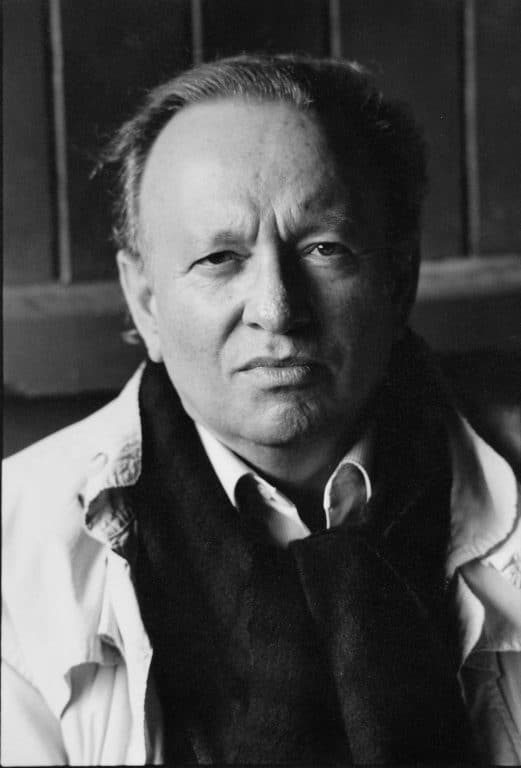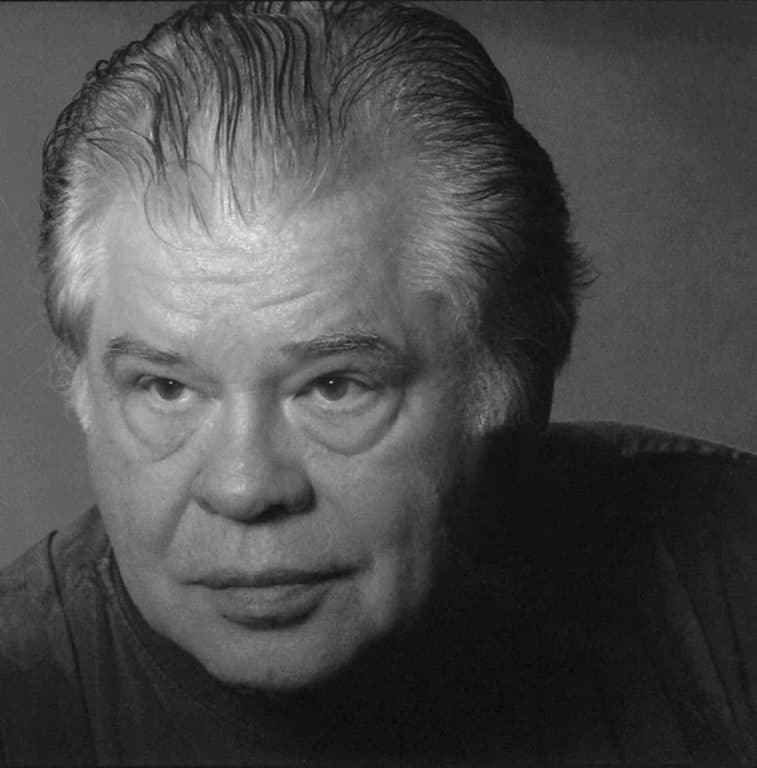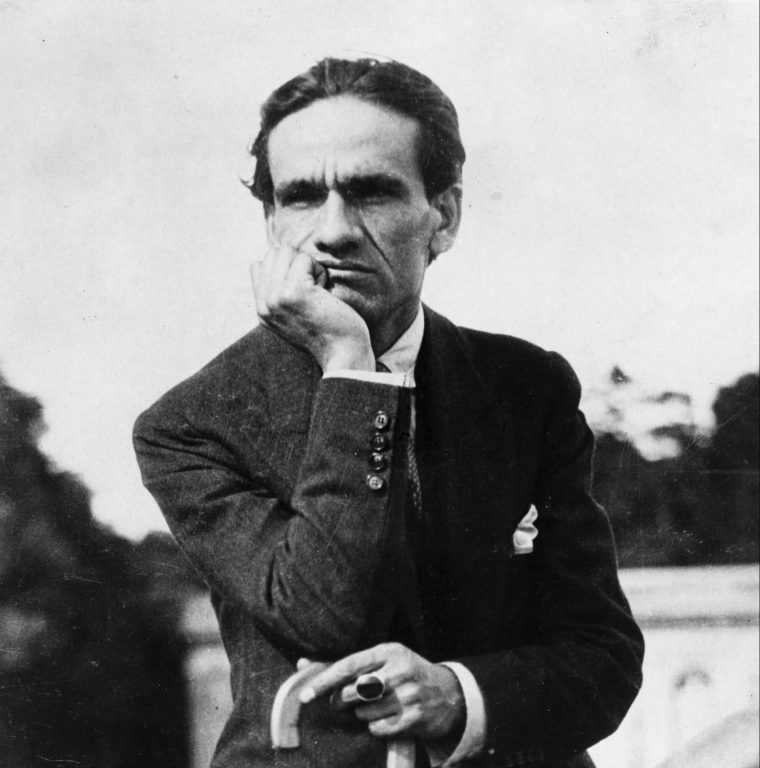This section of Anne Michael’s book-length poem “Correspondences” starts with a simple image, and then swiftly goes deeply into a labyrinth of thoughts and emotions.
That simple image – “the wet earth” – segues into Michaels’ fascination with words on the page that is tactile and strikingly visual:
“soil
clinging to the page, black…
This section of Anne Michael’s book-length poem “Correspondences” starts with a simple image, and then swiftly goes deeply into a labyrinth of thoughts and emotions.
That simple image – “the wet earth” – segues into Michaels’ fascination with words on the page that is tactile and strikingly visual:
“soil
clinging to the page, black type
like birds on a stone sky.”
We’ve observed elsewhere in this work that Michaels ponders the power of the printed word, with references to marks on a ledger, blank pages and even equating the turn of each line on a page to the noble, tireless work of the plough horse.
Words on this particular page transform a poignant cry of grief – which we assume, or perhaps presume, in reference to “your death” – into a series of puzzles embedded in surprisingly complex words and constructions.
“I did not imagine” … did the narrator really not expect “your death would reconcile me with language”? But it did? Did she not, after all, imagine these rich, albeit somber symbols for language?
Is the narrator reluctant to characterize what remains of the deceased as “your soul”? But yes, she did. And it is “beautiful” … but what does it mean that it:
“saturate[s] the bitterness from even
that fate”
and then
“not of love
but its opposite, all concealed
in a reversal of longing.”
The opposite of love is hate, correct? A reversal of longing is rejection or repudiation, isn’t it? Is the “soil / clinging to the page” stark and clear, or muddy and mysterious?




